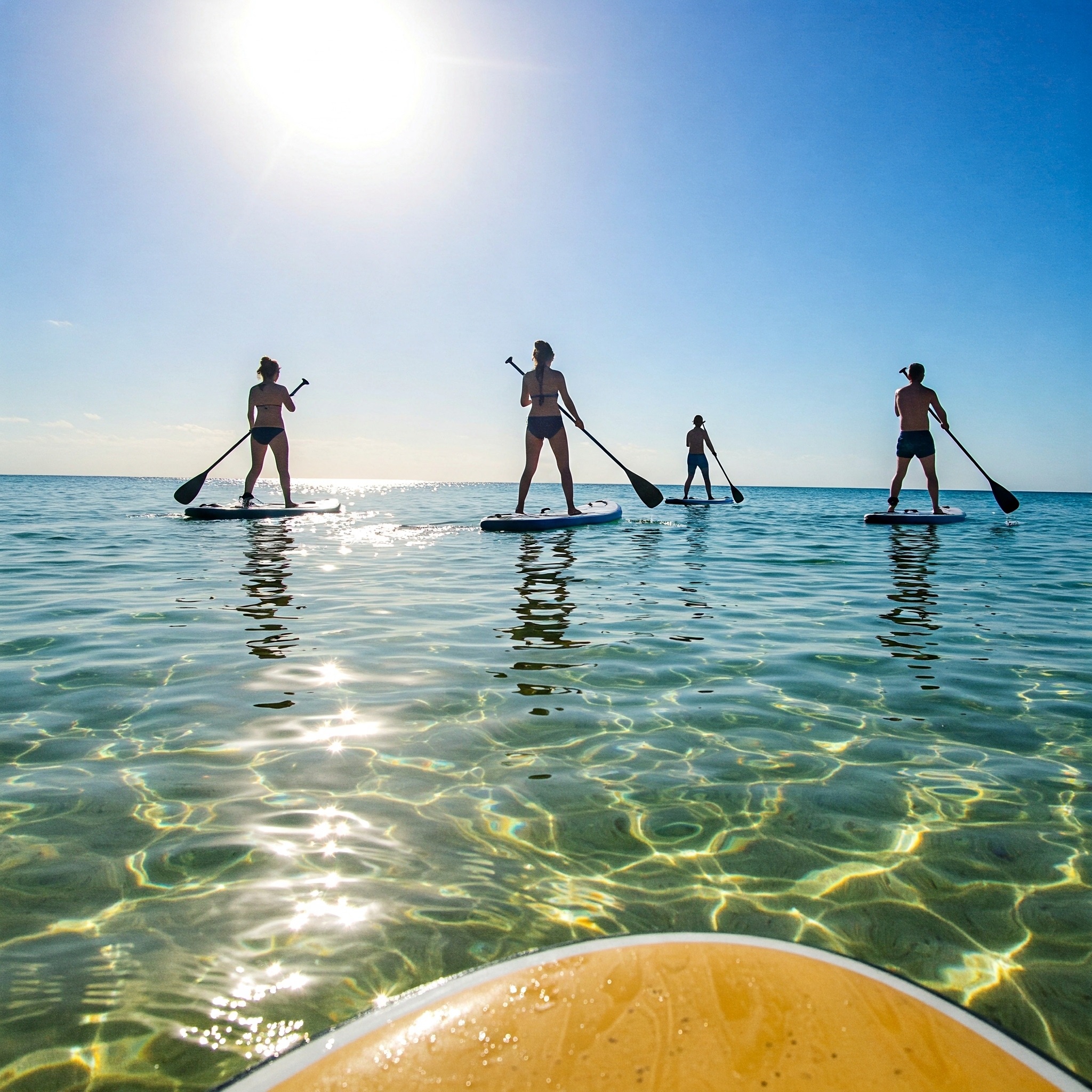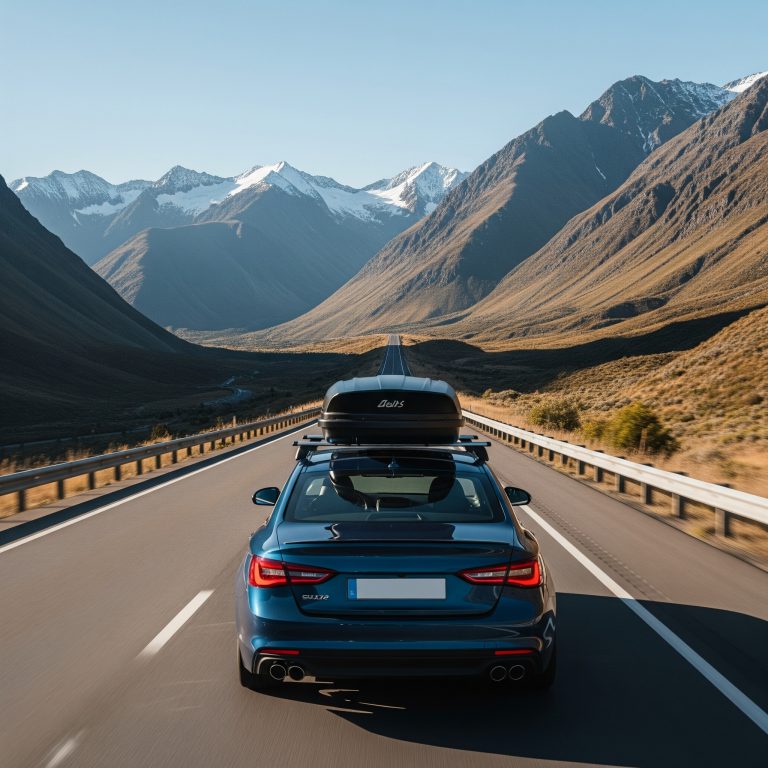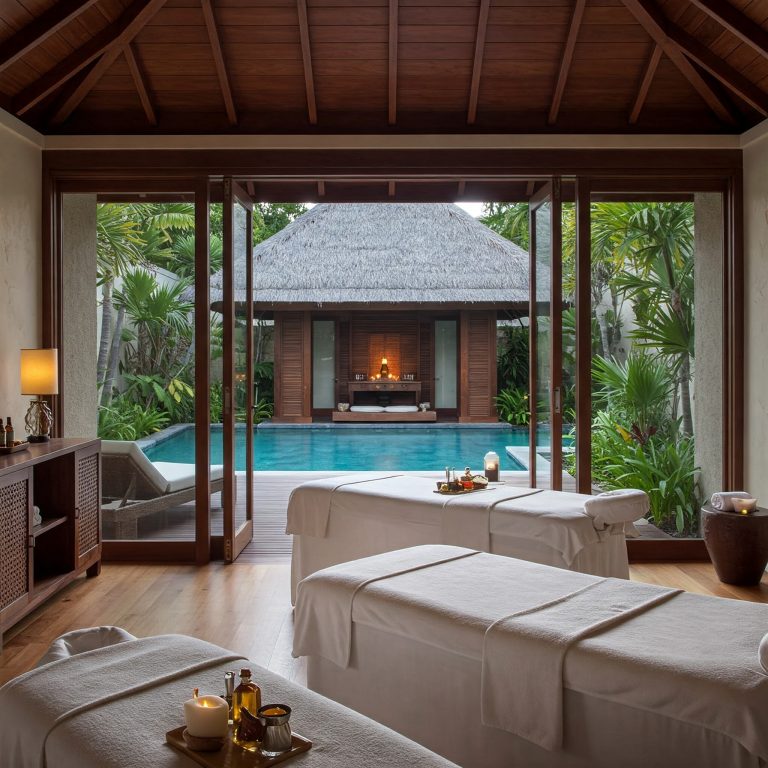Table of Contents
-
What’s the Difference Between Nature and Adventure Travel?
-
Can You Combine Relaxation and Adventure?
-
Are You After Calm or a Rush?
-
Food and Diets at Retreats
-
Safety First: How to Choose the Right Retreat
-
Best Countries (and Local Spots) for Nature and Adventure Retreats
-
What It’s Like on a Retreat
-
Quick Answers to Common Questions
Ready for a Break? Explore Nature and Adventure Retreats Abroad or Close to Home
If you’re thinking about taking a proper break, something more than just a holiday, nature and adventure retreats could be just what you need. They offer time away from everyday stress, whether you’re after peace, a challenge, or a bit of both.
And the best part? You don’t need to fly halfway round the world. While countries like Costa Rica or Nepal might spring to mind, many excellent retreats are also available closer to home. Staying local can be more affordable, easier to organise and still give you the same sense of escape.
In fact, whether you head abroad or stay in your own country, the idea is the same: get out into nature, slow down or get active (or both), and come home feeling different in a good way.
What’s the Difference Between Nature and Adventure Travel?
To help you decide what kind of retreat suits you, it’s useful to get a feel for the two main types.
Nature retreats are slow and gentle. You’re often surrounded by trees, lakes, hills or coastlines, with time for reflection, walking, yoga or simply being quiet outdoors.
Adventure retreats, on the other hand, are more active. Think hiking, climbing, wild swimming or trying something that takes you a bit out of your comfort zone.
In reality, many retreats offer a mix of both. You might stay in a woodland cabin in the UK and do a bit of yoga in the morning followed by paddleboarding in the afternoon. Or you might go to Spain for a mountain hike that ends with a relaxing outdoor massage.
Here’s a quick comparison:
| Aspect | Nature Retreats | Adventure Retreats |
|---|---|---|
| Focus | Calm, quiet, nature connection | Movement, energy, new experiences |
| Pace | Slow and mindful | Fast and physical |
| Activities | Walking, yoga, journaling | Hiking, kayaking, climbing |
| Setting | Forests, lakes, countryside | Mountains, rivers, coasts |
| Available Where? | UK countryside, Europe, Asia, anywhere with green space | National parks, coastal regions, mountain areas at home or abroad |
Can You Combine Relaxation and Adventure?
Yes, and many people do. Some days you might feel like a long walk and a stretch, other days you might want something more intense. The best retreats let you choose how much you want to do and when.
In the UK, you could join a weekend retreat in the Lake District that offers morning meditation and an optional afternoon hike. Or you could book a week in Scotland that combines wild swimming, guided walking and campfire evenings.
If you’re going abroad, places like Bali, Portugal or Canada also offer a nice mix. You could start the day with yoga and end it surfing or zip-lining.
Are You After Calm or a Rush?
It’s a good question to ask yourself before booking. Are you craving a proper rest or itching to do something bold and active?
You don’t have to pick one or the other, but your main aim might steer you towards the right location and style. If you want calm, look for woodland lodges, lakeside cabins or yoga focused breaks. If you’re after a buzz, look for retreats with activities like rock climbing, white water rafting or long distance hiking.
You can find both kinds either abroad or locally. In fact, a short journey to somewhere like the Peak District, Snowdonia or the Scottish Highlands might be all you need.
Food and Diets at Retreats
Whether you’re in Cornwall or Costa Rica, food is part of the experience. Most retreats now cater for all sorts of diets, including vegan, gluten free and allergen aware menus. Many focus on fresh, local produce, especially in nature based retreats.
Some places even offer cooking classes or food focused activities as part of the stay. It’s worth checking in advance, especially if you have specific dietary needs.
Safety First: How to Choose the Right Retreat
No matter where you go, safety matters. When choosing a retreat:
-
Check that staff are trained and activities are run by qualified people
-
Look for reviews that mention how well things are organised
-
Ask about emergency procedures, especially for remote areas
-
Make sure the kit and accommodation are clean and well kept
-
If it’s a physical retreat, ask if there are different levels of difficulty
This applies just as much to retreats in the UK as it does to those abroad.
Best Countries (and Local Spots) for Nature and Adventure Retreats
Here are some places worth considering, both near and far:
In the UK
-
Lake District: Walking, wild swimming, yoga by the water
-
Scotland: Hiking, loch retreats, digital detox
-
Wales: Snowdonia for mountain adventures, Brecon Beacons for stargazing and peace
-
Cornwall: Coastal retreats with surfing or sea kayaking
-
Yorkshire Moors and Dales: Walking, journaling, silent retreats
Abroad
-
Costa Rica: Wildlife, rainforest lodges, adventure sports
-
New Zealand: Stunning nature with mountain biking and trekking
-
Nepal: Himalayan hikes, mindful walking, spiritual retreats
-
Peru: Sacred Valley, Andes trekking, jungle lodges
-
Iceland: Geothermal spas, volcano hikes, peaceful landscapes
-
Portugal: Beach yoga, forest cabins, surfing
-
Thailand: Island retreats, jungle walks, climbing
-
Canada: Lakes, forests, wildlife
-
Italy: Slow retreats with countryside walks and local food
-
Spain: Sierra Nevada or Pyrenees for nature mixed with comfort
What It’s Like on a Retreat
Expect things to be simple, comfortable and in tune with the natural setting. You might stay in a wooden cabin, eco-lodge, yurt, or small guesthouse. There’s often a focus on sustainability and minimal distractions.
A typical day might include an early yoga class, a hearty breakfast, an outdoor activity, then some rest or quiet time. Some retreats include group sessions, others give you lots of space. Most people go alone or with a friend or partner, and you’ll usually find a welcoming, informal atmosphere.
Whether you’re by a lake in Cumbria or up a volcano in Iceland, the goal is the same: to step out of routine and reconnect with something deeper.
Quick Answers to Common Questions
Do I need to be fit or experienced?
Not necessarily. Many retreats welcome beginners and offer different activity levels.
Is it safe?
Reputable retreats are well organised and run by professionals. Do your homework before booking.
What about food allergies or special diets?
Most retreats can cater for these if told in advance.
When’s the best time to go?
That depends on where. In the UK, spring to early autumn is ideal. Abroad, check the local weather and avoid rainy or overly hot seasons.
Do I need insurance?
Yes, especially if going abroad or doing physical activities.
Can I go for just a weekend?
Yes. UK based retreats often offer two or three night stays.
What sort of people go?
All sorts. Solo travellers, couples, people in midlife or retirement. Most retreats are welcoming and non-judgemental.
Observations
Nature and adventure retreats aren’t just for faraway trips. You can have an amazing experience just a few hours from home or take a longer journey abroad if you’re after something different. Whether you want peace, excitement, or both, there’s something for you. Sometimes the biggest shift comes not from where you go, but how you spend your time once you’re there.
More information about Retreats
Detox and Weight Loss Retreats
The Ultimate Guide to Health and Wellness Retreats




